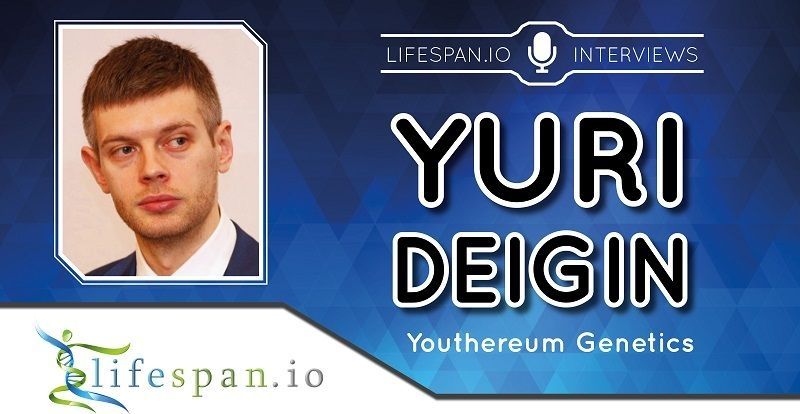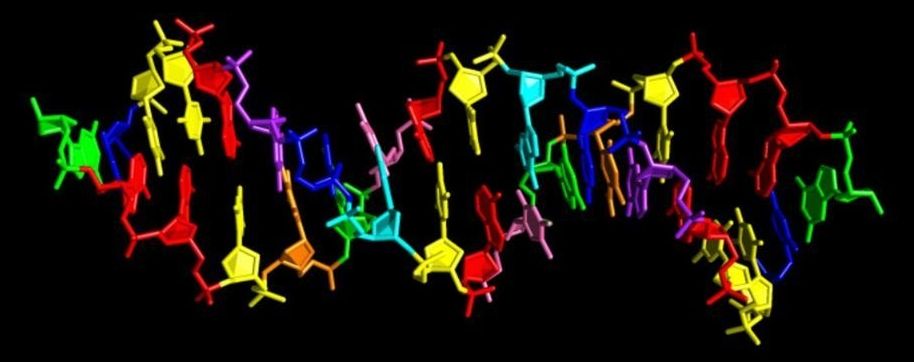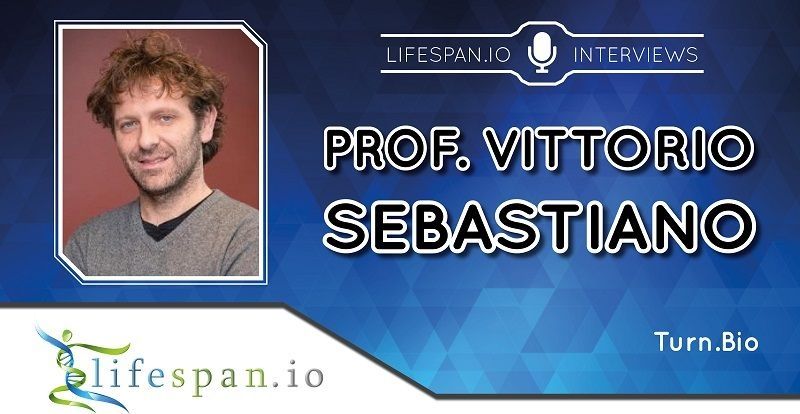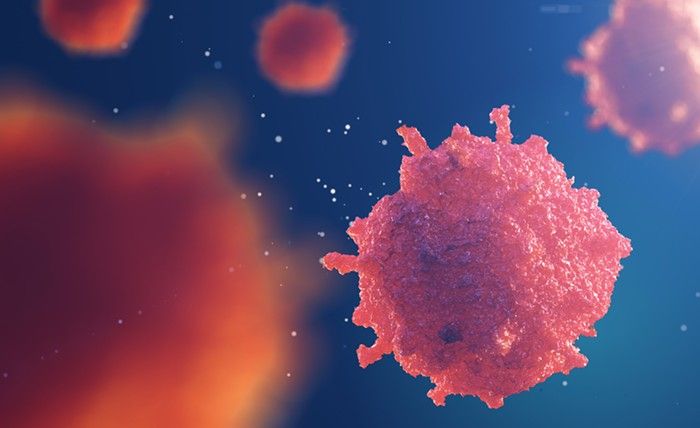What goes into making plants taste good? For scientists in MIT’s Media Lab, it takes a combination of botany, machine-learning algorithms, and some good old-fashioned chemistry.
Using all of the above, researchers in the Media Lab’s Open Agriculture Initiative report that they have created basil plants that are likely more delicious than any you have ever tasted. No genetic modification is involved: The researchers used computer algorithms to determine the optimal growing conditions to maximize the concentration of flavorful molecules known as volatile compounds.
But that is just the beginning for the new field of “cyber agriculture,” says Caleb Harper, a principal research scientist in MIT’s Media Lab and director of the OpenAg group. His group is now working on enhancing the human disease-fighting properties of herbs, and they also hope to help growers adapt to changing climates by studying how crops grow under different conditions.








